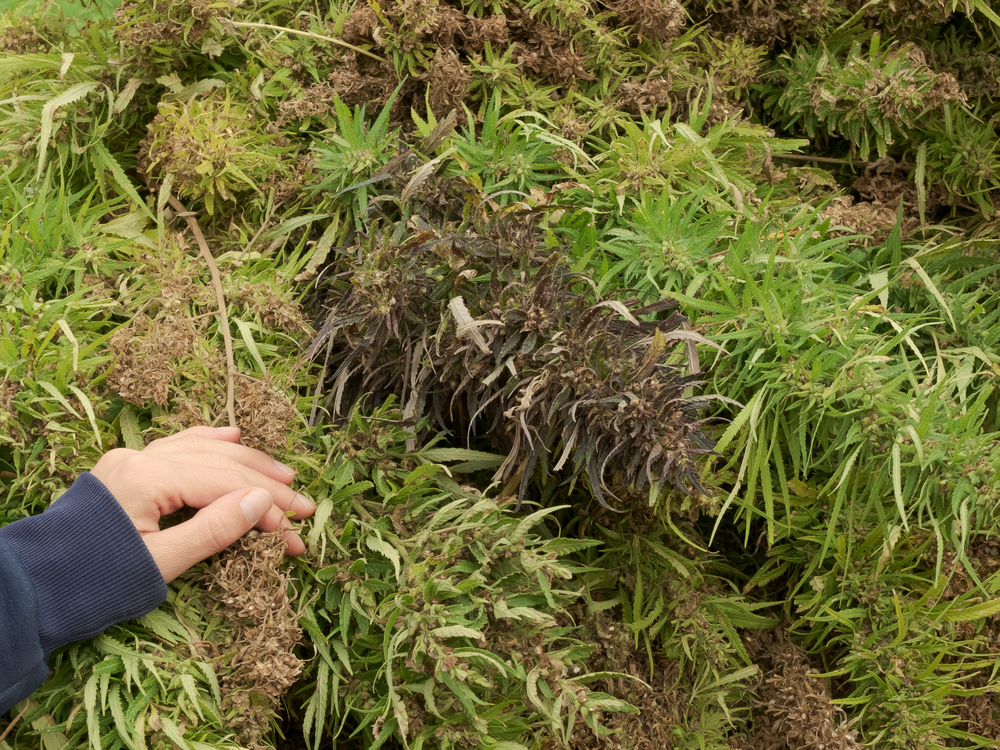Firefighters in Long Beach, CA didn’t know what they were getting themselves into when they responded to a commercial structure fire in late April 2022. It didn’t take long for them to find out. As they were fighting to extinguish the blaze, several gas canisters exploded, leading to an eruption of flame from inside the building.
It turns out that the fire makes a compelling case for licensing cannabis processors. How so? By virtue of the fact that fire investigators believe the facility was an illegal cannabis processing operation.
Marijuana and hemp extraction equipment often rely on flammable materials like ethanol and butane to act as solvents. But fail to contain those materials properly and you create a potentially dangerous situation. That could have been the case in Long Beach.
Thankfully, no one was killed in the Long Beach blaze. But there were two injuries. Could those injuries, and the fire itself, have been avoided with proper licensing and inspections? Perhaps.
Proving They Can Be Safe
Licensing marijuana and hemp processors is normally the domain of the states. Each of the states has its own rules. Furthermore, some states limit the number of licenses they distribute. It is all in an effort to control the industry in order to maintain safety.
It is assumed that license applicants have to prove the ability to operate safely. But is that guaranteed? How do state regulators go about determining that, exactly? Probably through inspections.
It’s up to potential processors to demonstrate they are thoroughly versed in everything from hemp extraction equipment to the chemicals they use. Once granted a license, an inspection should reveal whether the operation is a safe one.
Multiple Extraction Methods
In the case of the Long Beach fire, it is suspected that the lab was utilizing some sort of chemical solvent to speed up the extraction process. But according to CedarStoneIndustry out of Houston, processors can choose from multiple extraction methods.
The simplest and safest method is steam distillation. It requires very little in terms of expensive hemp extraction equipment. It also doesn’t involve dangerous chemicals.
Yet another option is CO2 extraction. With this particular method, carbon dioxide acts as the solvent. Even though the gas itself is not dangerous, CO2 extraction still involves high pressure and heat. Extraction vessels can still explode under the right conditions.
Forcing Adherence to Standards
Extraction methods are subject to industry and legal standards. In theory, licensing processors force them to adhere to such standards. That should translate into greater safety. At least that is the thinking among regulators.
Assuming this to be the case, the Long Beach processing lab would have had to adhere to California standards in order to operate legally. Would adherence have prevented the fire? At this point, no one knows. It is not clear how the fire started or whether butane or ethanol was directly involved at the source.
The one thing that is clear is that the owners of the facility should have been subject to state regulations designed to ensure they operated safely. That also means the facility should have been shut down if an inspection determined things were being done improperly.
Licensing Has Its Place
We may never know if a lack of licensing had anything to do with the Long Beach fire. Still, licensing has its place. If it improves safety in marijuana and hemp processing, there is no reason to stop doing it. On the other hand, if it could be proven that licensing has no bearing on safety at all, then perhaps states should take a second look.

